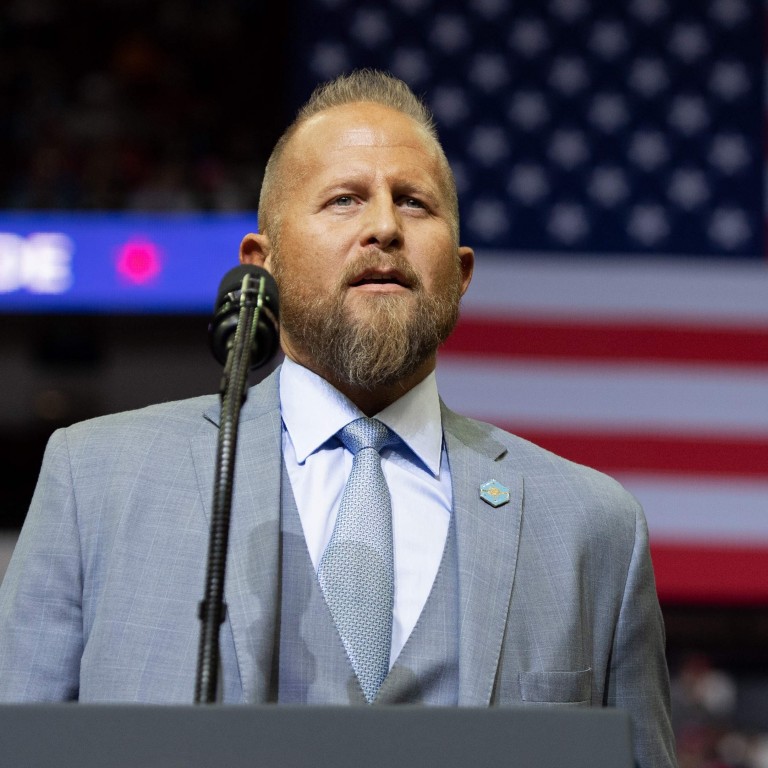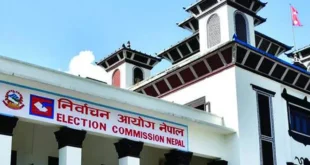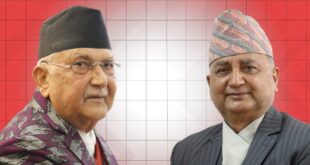Special Desk
US President Donald Trump has replaced his campaign manager. He said he had substituted Bill Stepien, a field director for his 2016 campaign, replacing Brad Parscale.
Parscale – who was reportedly blamed by Mr Trump’s inner circle for a poorly attended rally in Oklahoma last month – will continue as senior adviser. Opinion polls show the president is trailing his Democratic challenger Joe Biden ahead of November’s election.

He was Trump’s fourth campaign manager, following Kellyanne Conway, Paul Manafort and Corey Lewandowski.
Trump’s statement on Facebook said, ‘Brad Parscale, who has been with me for a very long time and has led our tremendous digital and data strategies, will remain in that role, while being a Senior Advisor to the campaign.’
Parscale is said to have found himself sidelined in recent weeks after the president’s comeback rally in Tulsa flopped. Trump’s daughter Ivanka Trump and her husband Jared Kushner, both White House advisers, are reported to have blamed Mr Parscale for the debacle.
Parscale had boasted that more than one million people registered to attend, but fewer than 6,200 showed up at the arena. After the rally, Parscale even went on Twitter blaming blocked security gate, protesters and the media for the disappointing turnout.
Also Read : UP coronavirus count cross 41000-mark since March 2
Also Read : No preferential treatment for Hong Kong : says US
His role as a Trump strategist has apparently proved lucrative for the 44-year-old, who last year reportedly bought a $2.4m waterside mansion in Fort Lauderdale, Florida.
Parscale, a brash figure who served as a warm-up act for Trump at rallies, was appointed campaign manager in February 2018.
The race for the White House has begun in earnest, and the outcome of the 2020 US general election will have an impact around the world.
Unlike many other countries, in the US, there are only two parties considered by most voters – the Democrats (the liberal, left-of-centre party) and the Republicans (the conservative, right-of-centre party).
State governments run primary elections – not the parties – in essentially the same way they run the general election. If a candidate wins a primary election, they win either all or a proportion of the state’s delegates, depending on party rules. Those delegates will then vote for them at the party convention, where the presidential nominee is officially named.
 Jubilee Post News & Views
Jubilee Post News & Views





